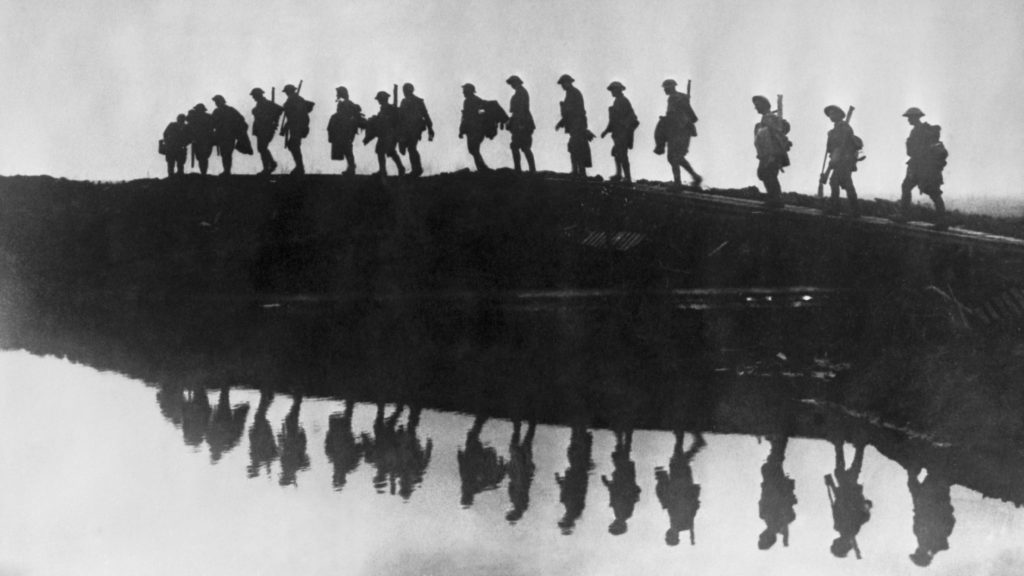

Physicians on the front lines of health care today are sometimes described as going to battle. It’s an apt metaphor. Physicians, like combat soldiers, often face a profound and unrecognized threat to their well-being: moral injury.
Moral injury is frequently mischaracterized. In combat veterans it is diagnosed as post-traumatic stress; among physicians it’s portrayed as burnout. But without understanding the critical difference between burnout and moral injury, the wounds will never heal and physicians and patients alike will continue to suffer the consequences.
Burnout is a constellation of symptoms that include exhaustion, cynicism, and decreased productivity. More than half of physicians report at least one of these. But the concept of burnout resonates poorly with physicians: it suggests a failure of resourcefulness and resilience, traits that most physicians have finely honed during decades of intense training and demanding work. Even at the Mayo Clinic, which has been tracking, investigating, and addressing burnout for more than a decade, one-third of physicians report its symptoms.